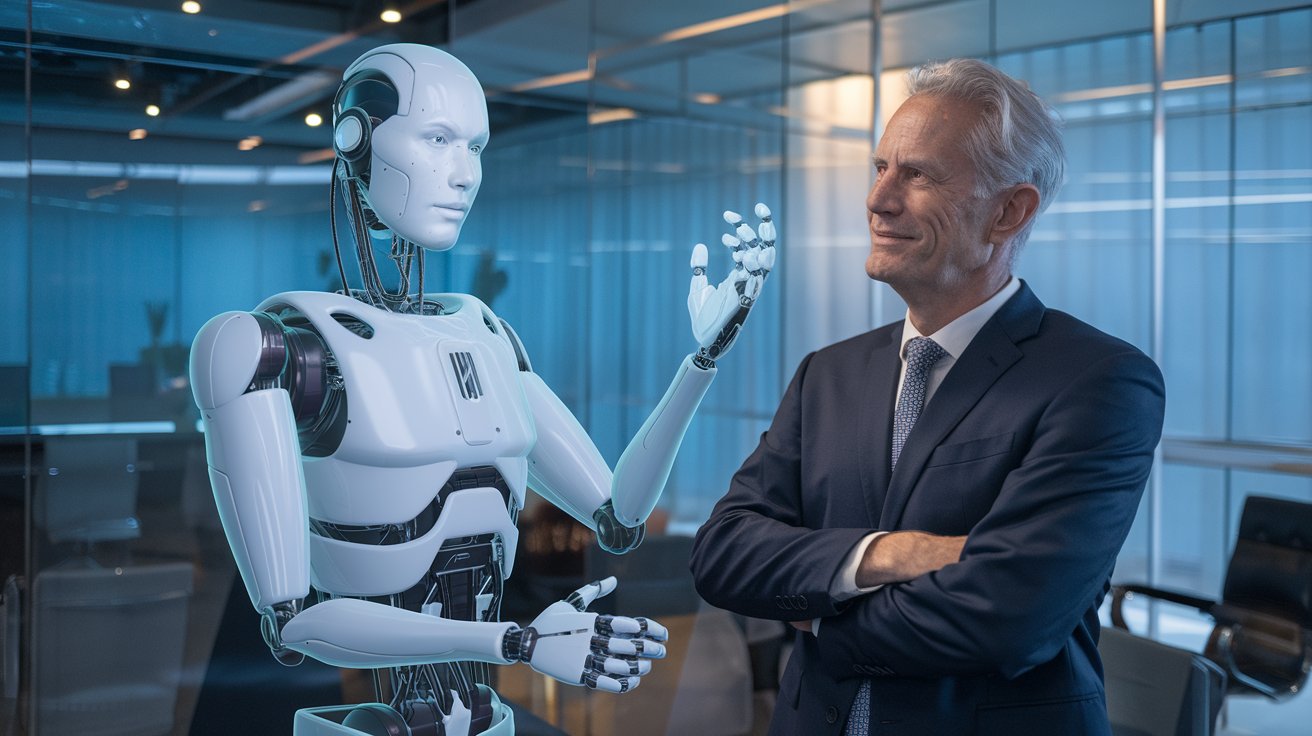As the personal development industry is often compared to a swamp of new-age thinking, AI coaches are like a gust of wind in a stale room, offering hope for change. AI-coaches are beginning to transform coaching with new paradigms of access, consistency and novel data collections that can aid in human behaviour change. In a world where people want more out of themselves, AI coaches such as Dr. FeelGood are leading the way in this coming transformation.
The Dawn of Accessible Coaching
Providing this on-demand availability means that users can ask a question exactly when they need insight: perhaps in the morning before their day begins, or when they’re wrapping up at night and reflecting on the day’s events. In this way, AI coaches can offer a source of comfort and security that can be vital for any effective personal work.
Consistent and Unbiased Guidance
Among its many interesting features, perhaps the most unexpected is that AI coaches never have bad days! This is because while human coaches can be hugely experienced and highly skilful, they are still human and can have bad days and can be influenced by their own biases and feelings. AI, of course, is always the same, always consistent and the same experience can therefore be confidently repeated from day to day to guide the journey of development.
Furthermore, AI coaches can become woven into the fabric of one’s daily life in a way that human health coaches often cannot: it is now possible to track one’s behaviour and goals through the same device and platform all day long. Such consistency could be important; indeed, for users such as Nikolas, Dr FeelGood helped him not only to find motivation or make discoveries about himself but also to sustain his behaviour changes over time through constant reflection and feedback. This is difficult to do alone, but with constant encouragement – as well as the discomfort of ‘mirror moments’ when one has to confront and perhaps correct their thoughts – momentum can be retained, and we can move towards our goals. This kind of constant support might be just one of the ingredients required for lasting change.
Harnessing Data-Driven Insights
In fact, unlike other forms of personal development, one of the strengths of AI coaches is their access to and leverage of data. AI coaches can glean insights from the copious amounts of data they amass, and customise their coaching approach to each individual like a personal trainer would adjust a training regime based on a customer’s performance statistics.
At each interaction, the AI coach – say, Dr FeelGood – gets better at understanding the user, and at making small adjustments to the intervention to make it more effective. AI could be used to identify distress patterns in behaviour or to help identify barriers preventing a person from reaching their goals, and it could offer context-appropriate, evidence-based interventions that can lead to greater awareness of values and enable the person to develop skills for a long-term change in perspective and behaviour, thus helping them work through persistent patterns that stuck with them despite previous interventions.
The Integration of Human Touch and Machine Precision
But while AI holds great promise, the perfect model might not completely replace human coaches. As a system, AI should be available to supplement human coaches, while the coach in the room can focus on the more complex emotional nuance, complications and personal connections. We could imagine AI overseeing the standard, data-driven and motivating aspect while humans focus on the emotional and personal.
Non-directive and athlete-centred language is emphasised in coaching manuals, along with athlete ownership of insights and actions. AI coaches can help do this by ensuring that the user feels heard and engaged in a conversation that stimulates self-discovery and self-efficacy, rather than delivering solutions to users.
The Future Awaits
And there’s every reason to think that, as AI coaches develop, they’ll be even more central to the world of personal development. They mark the start of an exciting new junction for the worlds of technology and self-development, a space not yet fully explored, in which we’ll need to think differently about what it means to be a coach, and to be coached.
They embody the idea that we all should be able to engage in purposeful self-development, at any time and at our own pace, if we choose. Over the years, as this technology matures, it will not only complement and supplement human coaching but also carve out an important niche of its own, seeding a planet-wide culture of continual self-development available to all. Harnessing machine perfection and human aspiration, the future has never looked brighter for personal development – through the lens of AI.

